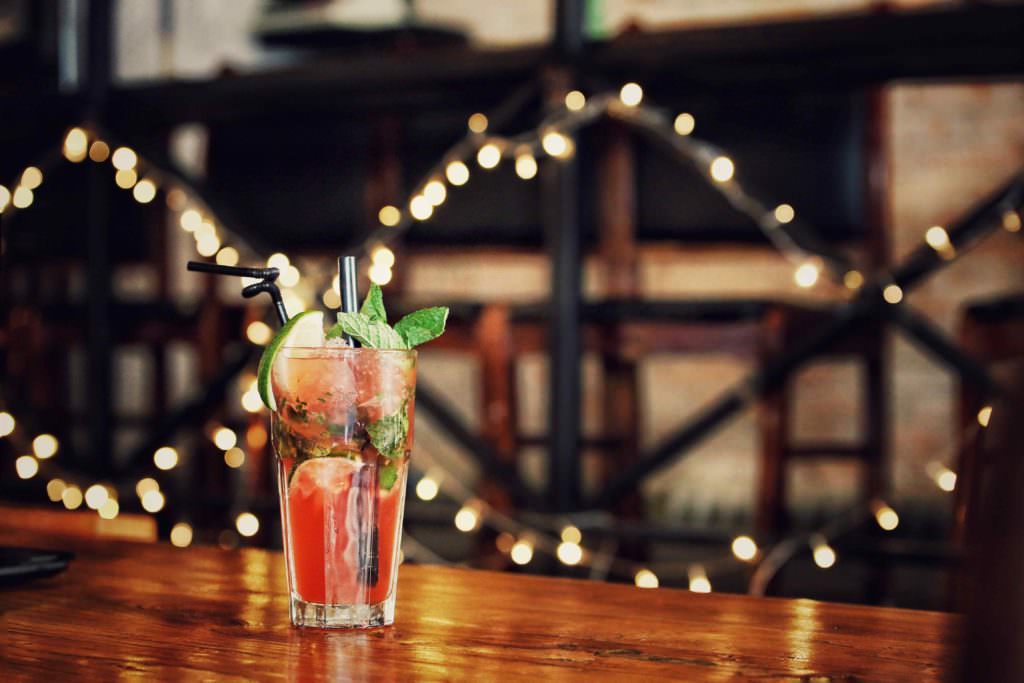
Many people who value a healthy lifestyle will also include alcohol but ideally, they will also be looking at how they can ensure they’re “drinking smart” over the festive period. However, all too often, cosy evenings in are accompanied by a “relaxing” glass of wine and social nights out wouldn’t be complete without indulging in cocktails, wine with the meal and perhaps a nightcap to finish.
Whist some scientific studies will identify health benefits associated with moderate alcohol consumption, many others will report an increased risk of developing diseases such as cancer or liver disease.
As such, alcohol is one of the queries I will address with virtually all my clients when helping them achieve their health goals. Without a doubt, it will have an effect on your body and it is very easy to underestimate the number of calories you are drinking. An occasional drink or just one per day will not have too much of an effect on achieving your health goals, but more than this can and drinking smart is essential.
If you’re frustratingly stuck on a weight loss plateau or have found your waistline tugging at your clothes, addressing your drinking habits and drinking smart will go a long way to avoid the alcohol-fuelled eating that will undo your week’s healthy eating.
As with food, portion control is just as important to take into account for all drinks.
When it comes to alcohol, there is no need to avoid it altogether. However, no alcohol is healthy and it provides zero nutritive value. It is all about moderation, control and making good choices. It is not just about counting calories but also a question of looking at the whole health profile of a drink; its sugar content, whether it is hydrating and also whether it can provide any nutritive value. It is also important to remember that alcohol is a toxin and your body will prioritise getting rid of this toxin and this is the primary role of your liver; to detoxify and remove toxins. It also has a negative effect on blood sugars, causing surges and sharp dips to follow.
If you want to look good, feel good and stay energized, choosing your drinks wisely will ensure you don’t sabotage your otherwise healthy habits.
Rule #1
Avoid any drinks that are pre-mixed; alcoholic or non-alcoholic
These will be high in sugar and/or artificial sweeteners and possibly many other additives, like artificial flavourings, colourings and preservatives as well as chemical ingredients or salt needed to create these fancy drinks.
Be careful with frozen mixed drinks such as Margaritas for example, which rather than being made from scratch, is often made with pre-mixes.
So what are your options?
Non-Alcoholic
Yes, this is an option, if you’re serious about drinking smart!!
- Lime & Soda
Try to opt for long drinks that will last and this one a favourite choice for me. It’s a perfect thirst quencher, refreshing and low in sugar.
- Fruit juice & Soda
Alternatively, a fruit juice such as orange, apple or grapefruit with soda is also a good choice. Although a little higher in sugar, it will, however, also provide a few nutrients. Be careful with cranberry juice which will contain very high amounts of sugar to make it palatable.
- Diet Fizzy Drinks
Although opting for a diet fizzy drink will ensure you’re limiting your calorie intake, ideally, save this as a one-off if you’re craving something sweet and looking for variety. The artificial sweeteners, in particular, have been shown to encourage cravings and can have a similar effect on your brain as sugar itself.
- Flavoured Coconut Water
If you’re committed to staying on track with your health goals whilst out socialising, you’ll love this new range of flavoured coconut waters are the ultimate thirst quencher, hydrating whilst also providing electrolytes to maintain good mineral balance. Jeeva Naturals do a few fabulous flavours to choose from but my favourites are Ginger and Lemongrass or Mint and Lime over ice.
- Green or Herbal Tea
There are only so many soft drinks you can consume in one sitting and opting for a warm drink can be a welcoming alternative. As a non-drinker myself, you will often find me nursing a teapot and cup, oblivious to any strange looks I might be getting!
Alcoholic
- Wine
Although originating from fruit, much of the sugar has been converted to alcohol during the fermentation process. With less sugar than beer and far less sugar than flavoured ready-made alcoholic bottled drinks, wine is a much better choice. Red wine, with its dark red colour, contains the antioxidant Resveratrol. However, whilst this often justifies the consumption of red wine, bear in mind that you would need to consume a significant amount to provide the antioxidant benefit associated with improved heart health, for example. You can consume these same antioxidants in dark red berries and red grapes themselves, without the accompanying alcohol.
White wine and red wine contain similar calories but white wine tends to be lower in alcohol, which can account for the varying amount of calories in a glass.
Bear in mind also that a Rosé wine, which is sweeter will contain more calories and dessert wines are sweeter still.
- Champagne
Champagne is sparkling white wine and can have fewer calories than a glass of white wine (or beer). Although it does contain antioxidants, these are limited and of little nutritive value.
A Champagne cocktail, by combining a more dry Champagne with orange or grapefruit juice will provide a little vitamin C and will also allow you to drink less alcohol for the same size drink.
- Vodka & soda
Without a sweet mixer, this combination is sugar-free and therefore lower in calories. There is a misconception that Tonic is the same as Soda water but it is in fact a sugar-laden soft drink. Adding a squeeze of lime will provide a refreshing twist and more flavour. However, there is no nutritional value with this one.
There is a misconception that Tonic is the same as Soda water but it is in fact a sugar-laden soft drink.
- Beer
Beer is made with grains and is therefore very high in carbs and consequently sugar. Ideally, this is best avoided or certainly limited, otherwise, you’ll find that you’re consuming too many calories and also playing havoc with your blood sugar levels.
That said, there are plenty of light lagers/beers that you can opt for instead. These will be lower in sugar and calories and of course, alcohol. If you’ve yet to give these a go, you might be pleasantly surprised with some of the varieties; it’s a question of adjusting your mindset and finding one you like.
It is worth noting that craft beers are often higher in alcohol and can be significantly higher in calories.
- Cider
Cider, made from apples can be loaded with sugar. Although choosing “dry” or low-sugar varieties will contain fewer calories, they also contain more alcohol.
- Gin, Whiskey, Tequila, Light rum etc
Hard spirits do not contain additives and sugar and therefore contain the least calories
Although these are hard spirits, they are without additives and sugar and therefore contain the least calories. Obviously, if you drink the spirit neat or on the rocks, you will avoid any further calorie intake, otherwise, you do need to be careful what you mix it with. Mixing your spirit with soda and a squeeze of lime or lemon or even a splash of tonic for a little sweetness is an ideal choice. Otherwise, although I do not normally recommend “diet” drinks, a diet mixer, for example, a diet tonic or cola, would ensure you keep your calorie intake in check. Adding a small quantity of juice is also a good alternative but a large glass will also contain a lot of sugar.
- Guinness
This traditional Irish drink has gained a reputation as a healthy choice. Indeed it does have some nutritional benefit, containing antioxidants, B vitamins and soluble fibre. Despite its thickness, it is lower in calories than you would imagine, in comparison to some other choices, including lagers. However, along with these limited nutritional benefits, you will also be consuming alcohol.
- Bloody Mary
Vodka based with tomato juice combined with Worcestershire sauce, tabasco and salt, this is a low-calorie drink that even has some nutritive value. A good quality tomato juice will provide some antioxidants, mainly lycopene as well as vitamin C and potassium. Adding in more vegetables will provide even more nutrients and fibre. Be careful to ensure you are opting for a fresh tomato juice rather than a pre-made mix.
- Cocktails
Many bars will use ready-made mixes to make their cocktails for ease and convenience that will be loaded with sugar and therefore calories. For example, a Long Island Iced Tea not only contains a high amount of alcohol but also a “sour” mix as well as cola. A Daiquiri, rather than simply containing rum, lime juice and a small amount of syrup is more likely to come as a ready-made drink mix loaded with calories and additives. Frozen Margaritas and Piña Coladas are similar and can end up more like a dessert. If you’re drinking smart, these should be avoided as far as possible.
With these choices in mind, here are a few ways to help you avoid consuming excessive alcohol and ensure you’re drinking smart
- Be aware of the alcohol content of the drink you are choosing. The higher the alcohol, the more you will consume, particularly if they are not “long” drinks
- Associate your alcohol consumption with food so that you mainly enjoy your alcohol as an enhancement of the meal
- Alternate alcoholic drinks with soft drinks, ideally water to stay hydrated and lower the amount of alcohol you consume
- Be aware of glass sizes and quantities served. This is very important particularly as fashionable glasses tend to be very large. The wider the glass the more you are likely to pour off any drink; alcoholic or non-alcoholic
- Only serve spirits with a measuring cup so you are aware of how many units you are consuming
You might be surprised to know how high in calories your usual alcoholic drinks can be.
Use this alcohol calorie calculator to see how many calories are in different drinks. You can also use the calculator to work out how many calories you have consumed in alcohol over the course of a day or week.
Have you found this article useful? If you have a favourite drink you’d like to recommend, please do leave a comment below




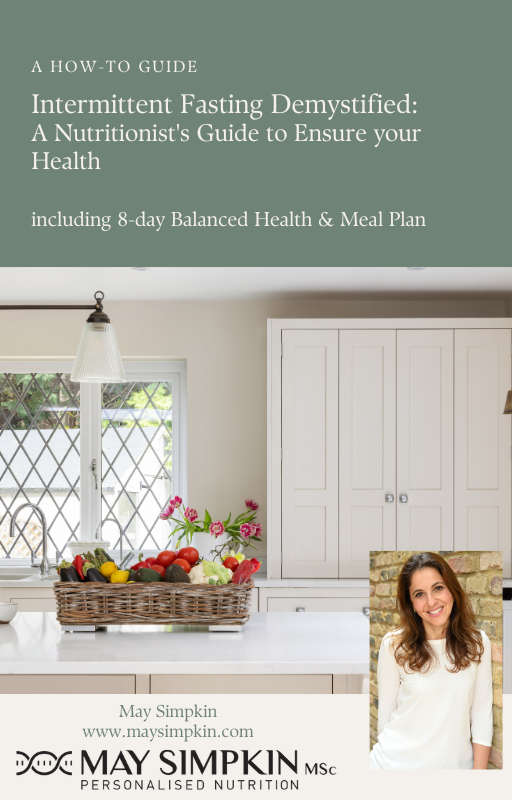
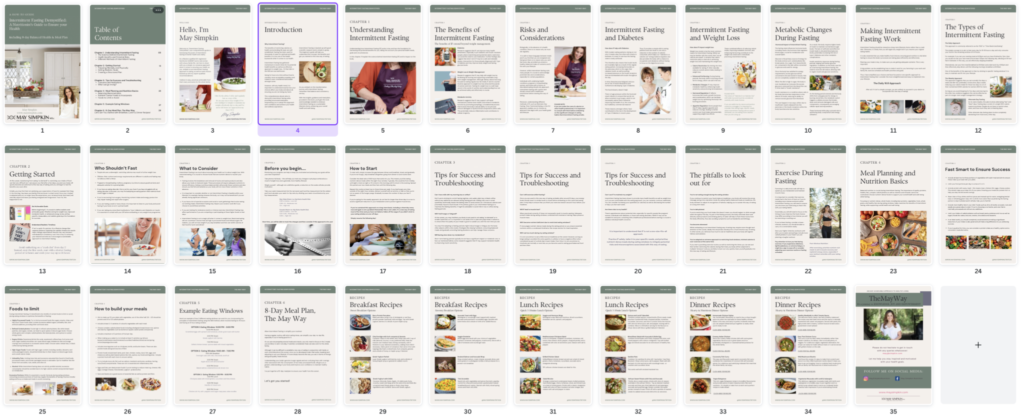

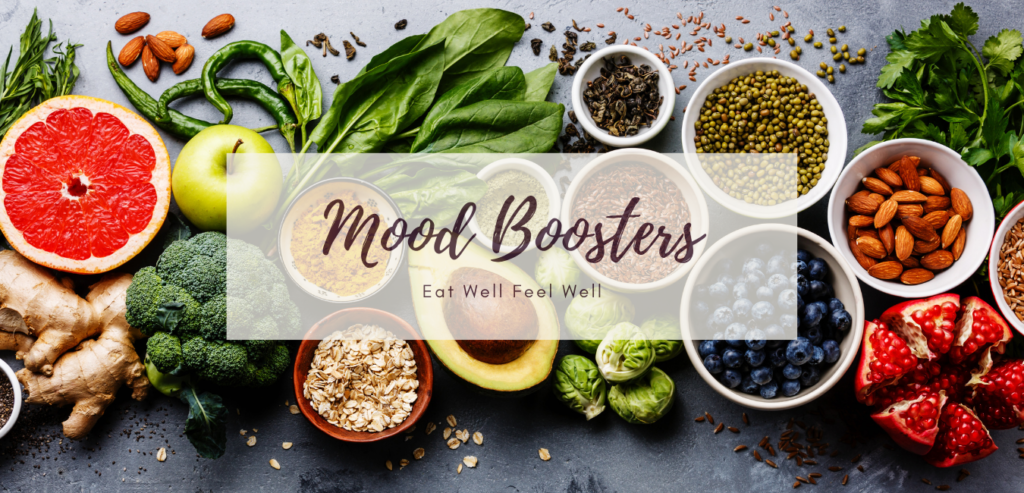

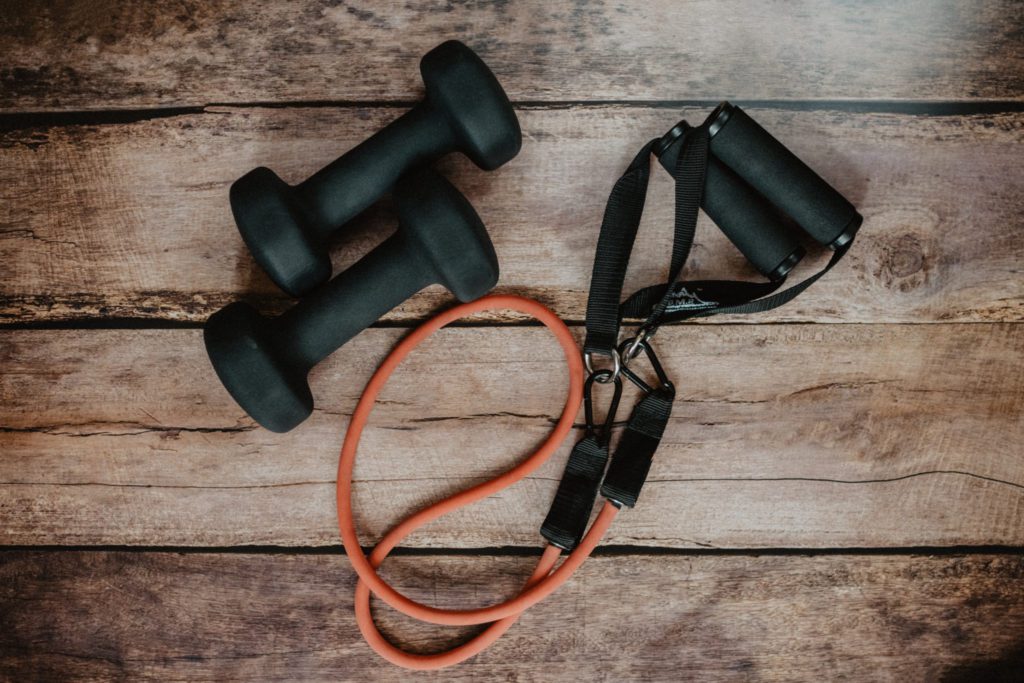
0 Comments